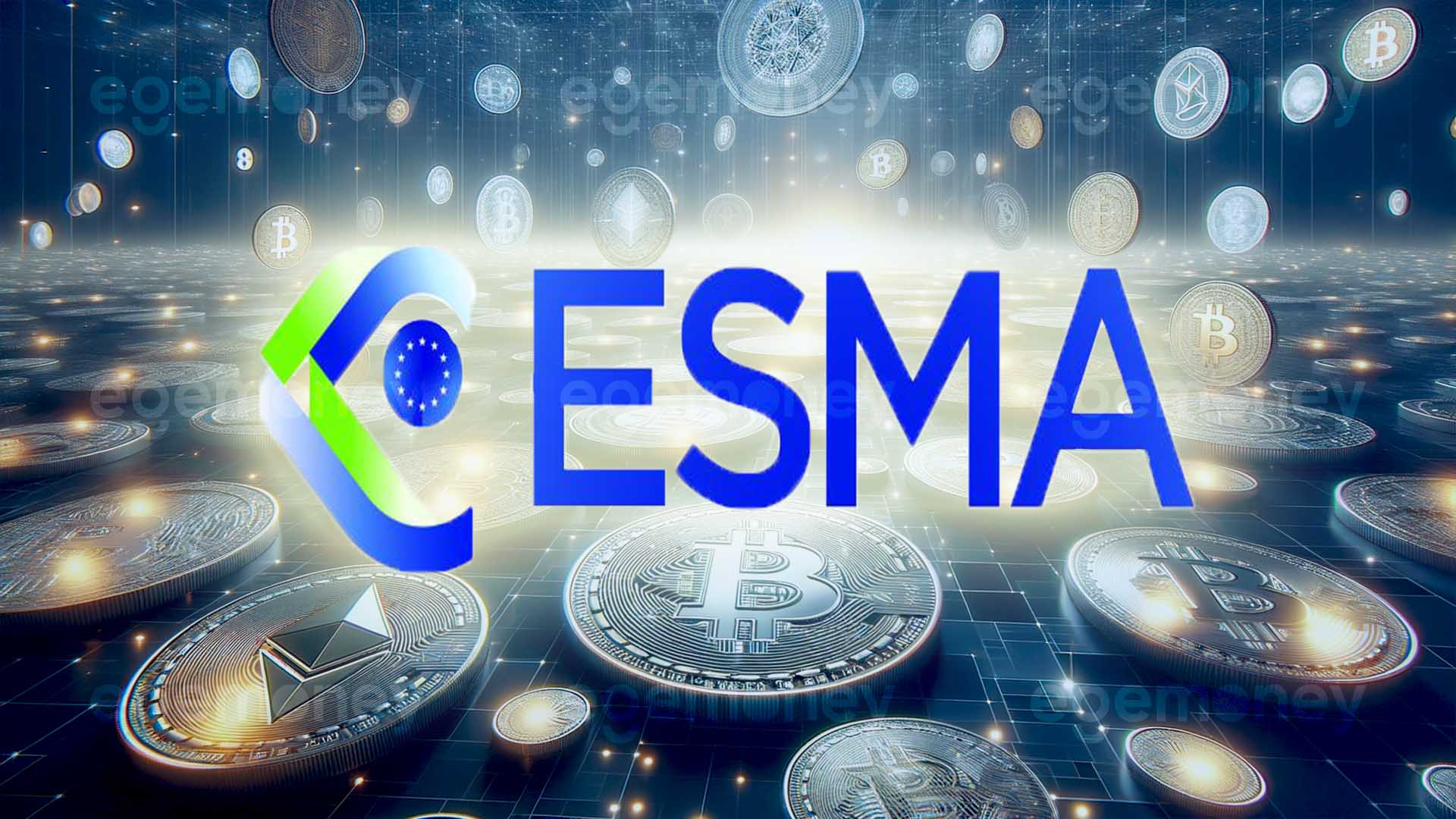Customers outside the EU can request services through companies located in the EU.
The European Securities and Markets Authority (ESMA) stated on January 29th that EU-based cryptocurrency companies can provide services to customers outside the European Union under certain circumstances.
In the statement made by ESMA, it was said:
“The proposed guidance confirms ESMA’s previous message that the provision of crypto-asset services by a third-country firm is limited under MiCA to cases where the client is the exclusive initiator of the service.”
Furthermore, ESMA explained that this permission is referred to as reverse solicitation exemption and is strictly an exception.
The institution emphasized that this exemption cannot be used by companies to circumvent the rules of the Market in Crypto-Assets Regulation (MiCA). MiCA came into effect in June 2023 and introduced a series of new rules for the cryptocurrency sector within the EU.
Today, ESMA also published a consultation paper regarding this exemption. Although this guide has not yet reached its final form, the institution’s above statement implies that the rule is generally valid in its current state based on previous statements. Comments on the report relate to specific applications of the rule and the supervision methods that authorities can use to prevent violations.
ESMA’s Crypto-Asset Classification Guidelines and MiCA-MiFID II Integration
Additionally, ESMA reported that it published a second consultation paper regarding guidelines explaining how crypto assets should be classified as financial instruments.
The institution stated that this situation will merge the EU’s new MiCA regulations with the previous Markets in Financial Instruments Directive II (MiFID II). While MiCA provides a framework for the regulation of cryptocurrencies, MiFID II offers a framework for the regulation of traditional financial instruments, including stocks.
According to the institution’s statements, these rules may display a soft approach. ESMA explained that the proposed guidelines aim to create guidance and “avoid a one-size-fits-all approach.”
Comments on both consultation papers will be accepted until April 29th, 2024. ESMA will evaluate the feedback in the second quarter of 2024 and publish a final report in the fourth quarter of the year.







